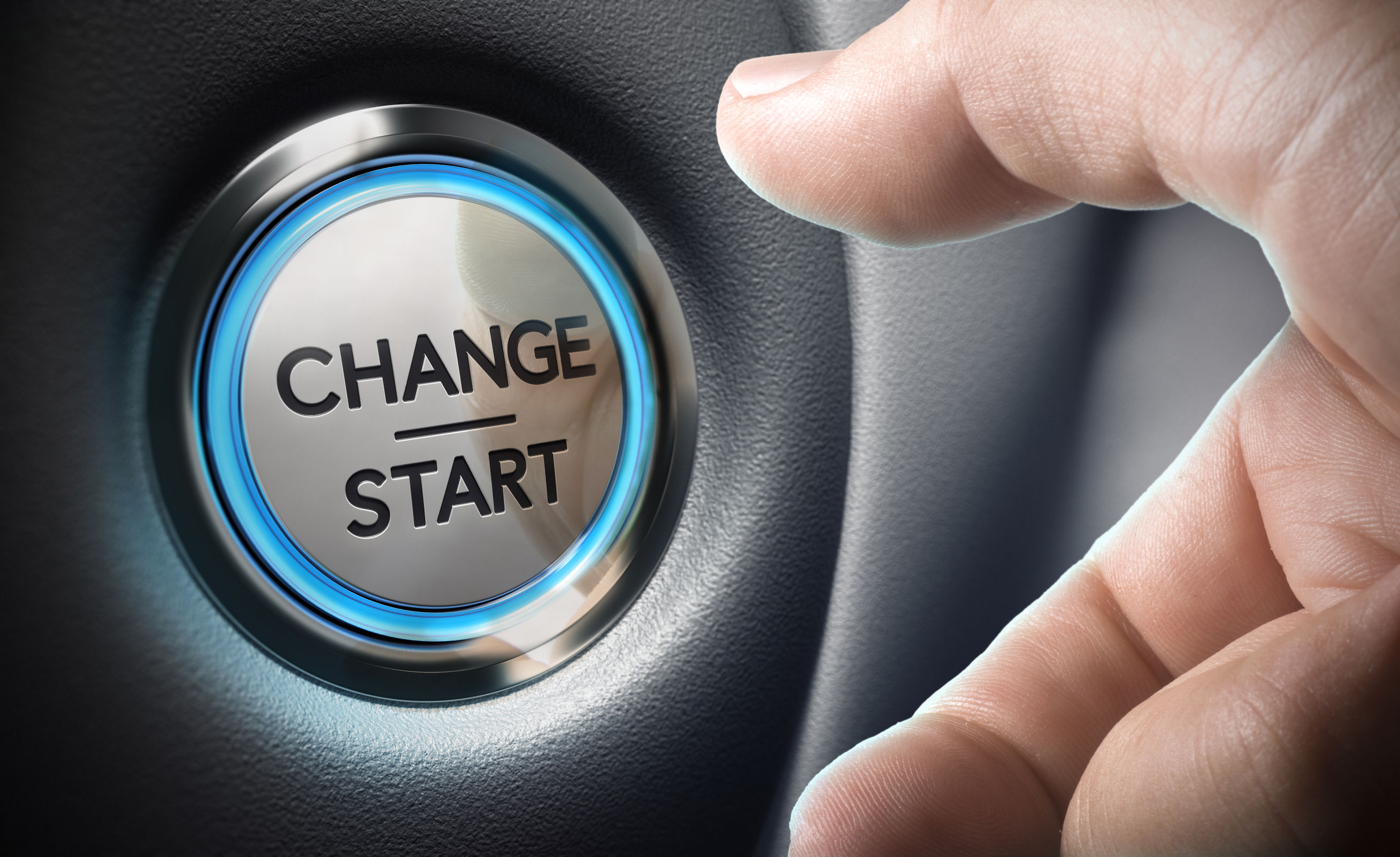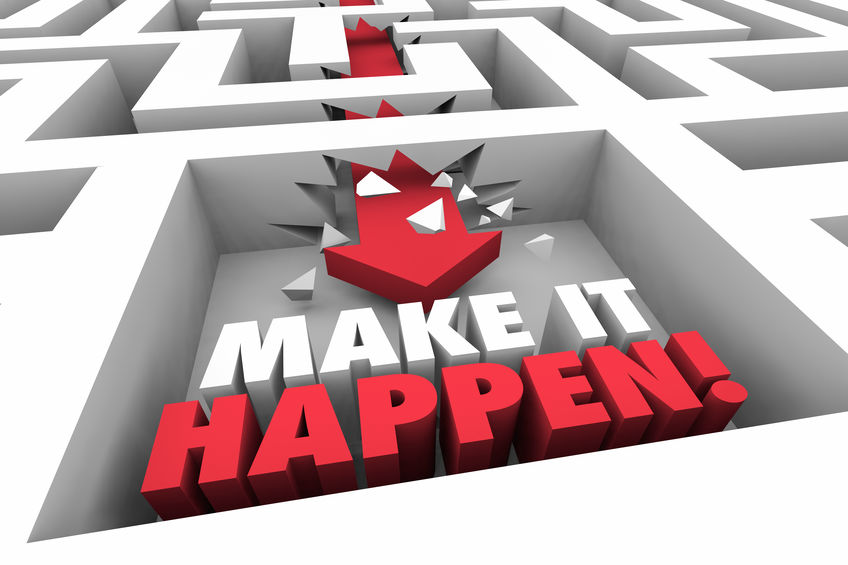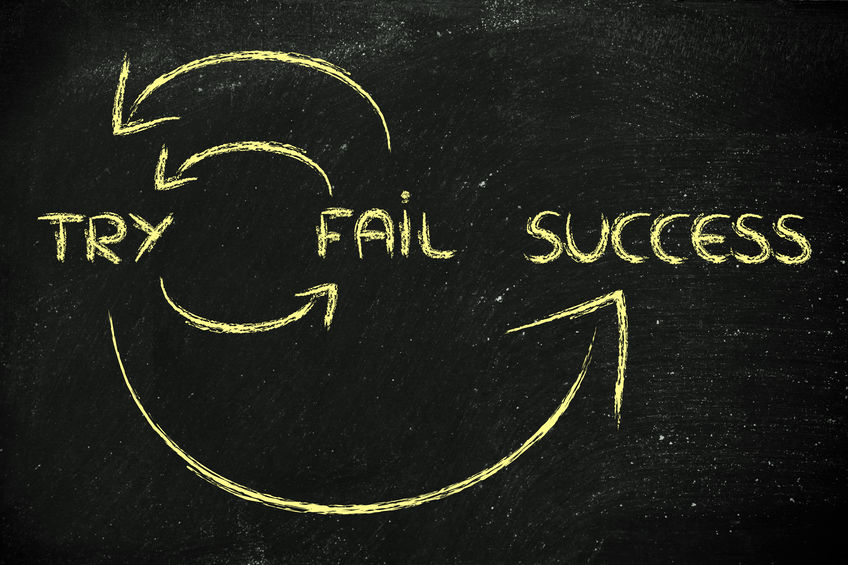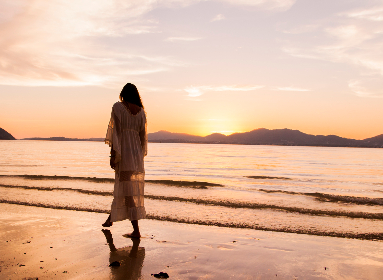Taking Risks and Learning from Mistakes
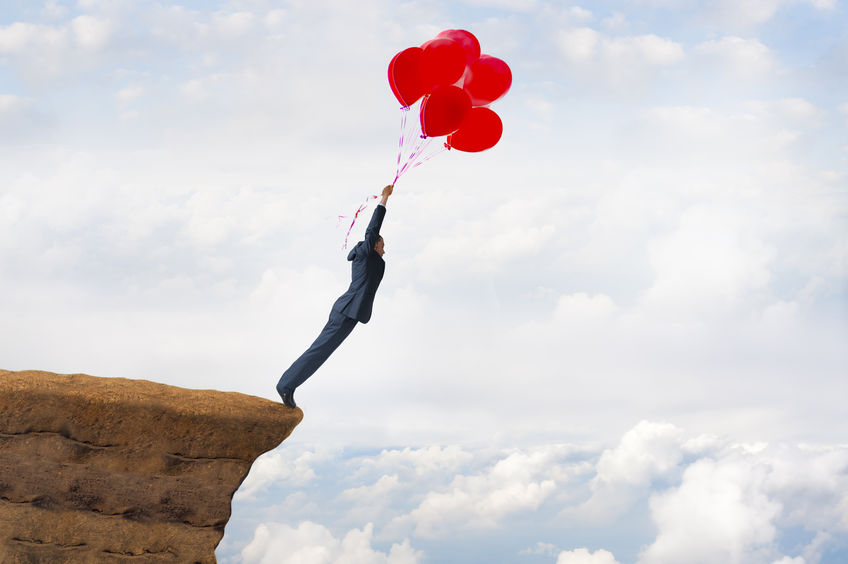
How do you fare with taking risks?Do you learn from your mistakes?Are you risk adverse or are you a risk-taker? Whatever you answered above, I’m sure you like many people you have taken risks whether by choice or enforced and felt they were either big mistakes or the best decision ever made. But how do we try and change our perceptions about risk-taking and making potentially big mistakes? Most of us were brought up being encouraged to take chances, stepping outside our comfort zone, stepping into the unknown, and yet we often take less risks the older we get as our fear of failure seems to increase. Why is this? What changes in us? What makes us more risk adverse? Let’s look at what risk feels like in the first place. Is it a calculated risk or is it a risk you are willing to take with the odds stacked

